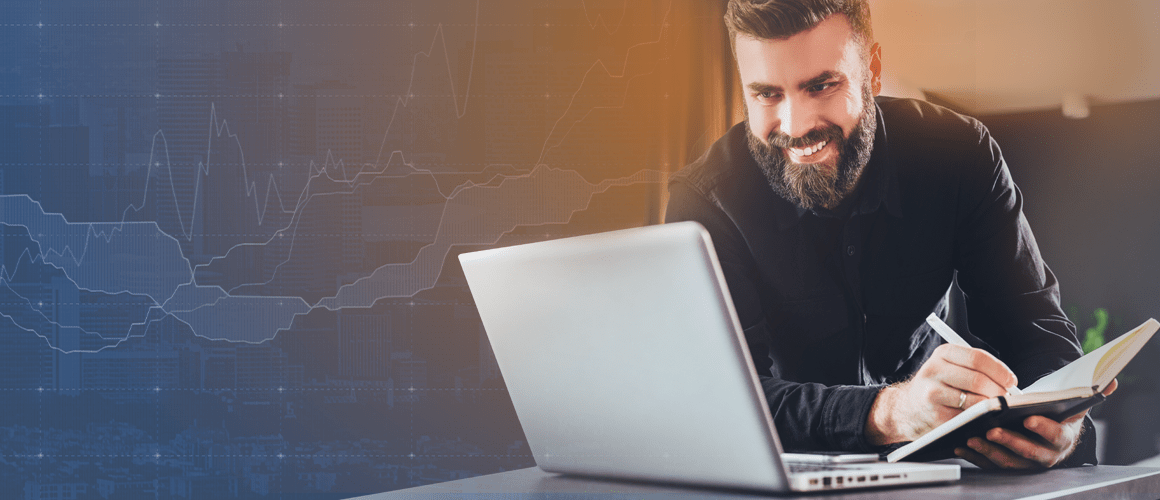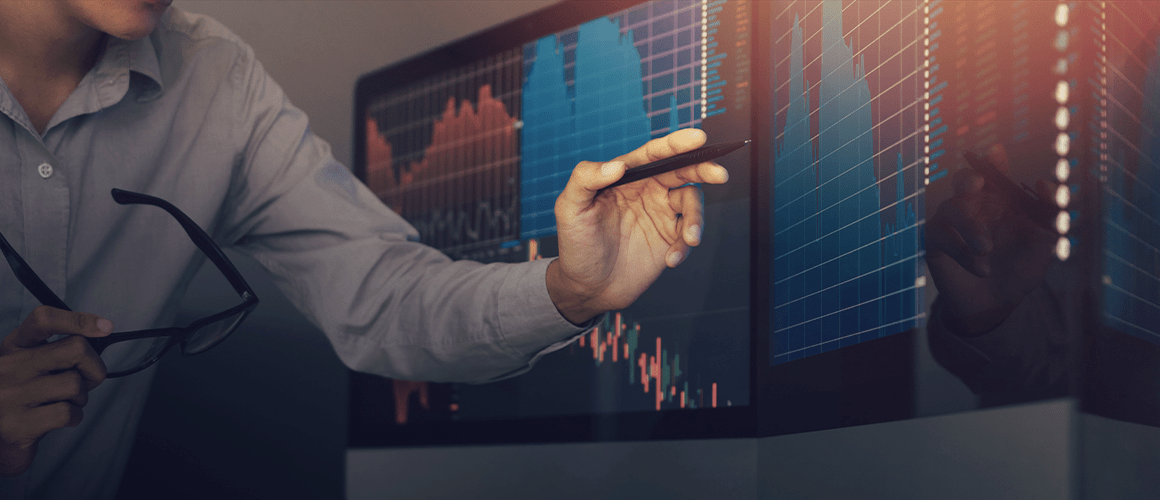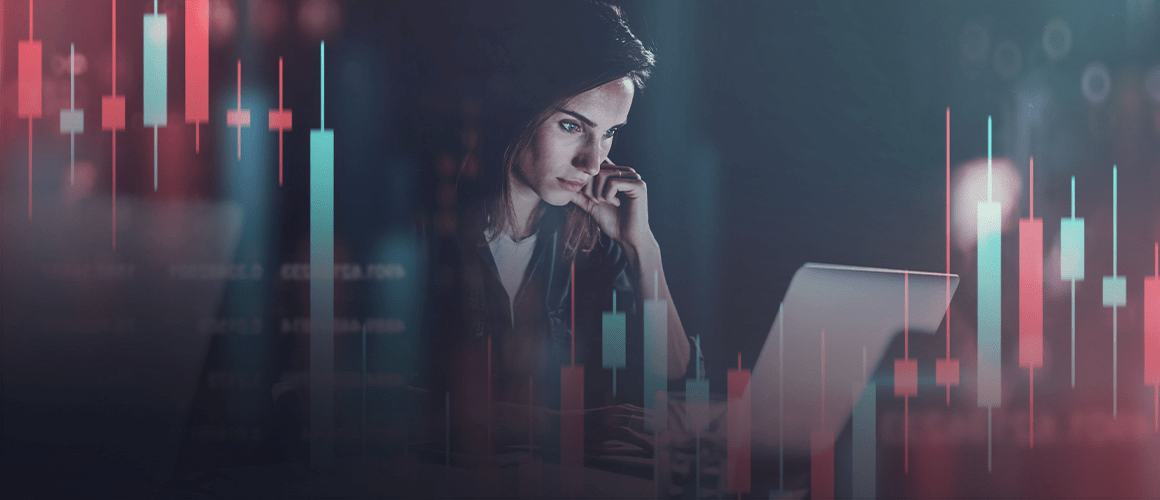Vlad RF
RoboForex Representative
- Messages
- 487
Which Market to Choose?

Dear Clients and Partners,
If you are a beginner trader, you are sure to be asking a question to yourself: Which market to choose for trading? The options are actually scarce: you can choose from Forex and stock market. Each of the above are virtually the same in terms of difficulty level, and each of the assets you can find there, be it a stock, a currency or a futures contract, acts in the same way for building an investment portfolio. In order to decide where to trade, you as a trader have to be knowledgeable not only about the markets as such, but also about your counterparts, or trading partners.
Trading is all about buying and selling assets, and you can either trade Forex or stocks only or trade all markets at the same time. It is worth mentioning that all these markets are highly liquid, which means a trader may buy or sell any asset at any time, within the trading hours. The traditional exchanges, however, work only specific hours Monday to Friday, which somewhat limits the way you can trade, while the decentralized Forex market works 24/5.
In terms of choosing the asset to trade, stock market is well ahead of the others, as you can pick any of dozens of thousands of company stocks and their derivatives. Forex is number two here, as the number of major pairs and crosses is not that large.
If you ask where you can make the most money in the easiest way, you won't get any answer. Everything depends on your strategy, discipline, and the current market conditions. After all, there are no bad markets out there, one can trade and earn everywhere.
Read more at R Blog - RoboForex
Sincerely,
RoboForex team

Dear Clients and Partners,
If you are a beginner trader, you are sure to be asking a question to yourself: Which market to choose for trading? The options are actually scarce: you can choose from Forex and stock market. Each of the above are virtually the same in terms of difficulty level, and each of the assets you can find there, be it a stock, a currency or a futures contract, acts in the same way for building an investment portfolio. In order to decide where to trade, you as a trader have to be knowledgeable not only about the markets as such, but also about your counterparts, or trading partners.
Trading is all about buying and selling assets, and you can either trade Forex or stocks only or trade all markets at the same time. It is worth mentioning that all these markets are highly liquid, which means a trader may buy or sell any asset at any time, within the trading hours. The traditional exchanges, however, work only specific hours Monday to Friday, which somewhat limits the way you can trade, while the decentralized Forex market works 24/5.
In terms of choosing the asset to trade, stock market is well ahead of the others, as you can pick any of dozens of thousands of company stocks and their derivatives. Forex is number two here, as the number of major pairs and crosses is not that large.
If you ask where you can make the most money in the easiest way, you won't get any answer. Everything depends on your strategy, discipline, and the current market conditions. After all, there are no bad markets out there, one can trade and earn everywhere.
Read more at R Blog - RoboForex
Sincerely,
RoboForex team







